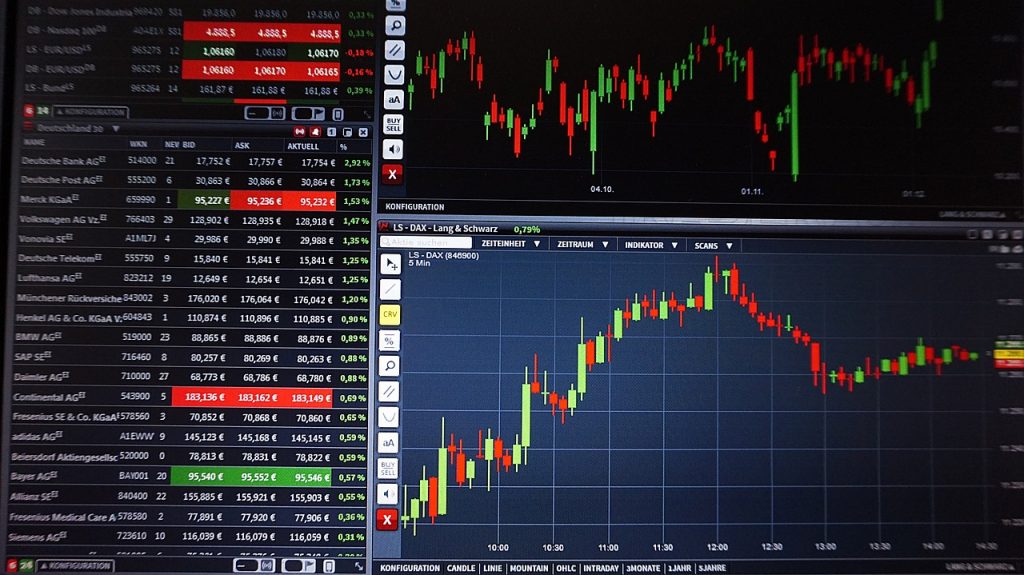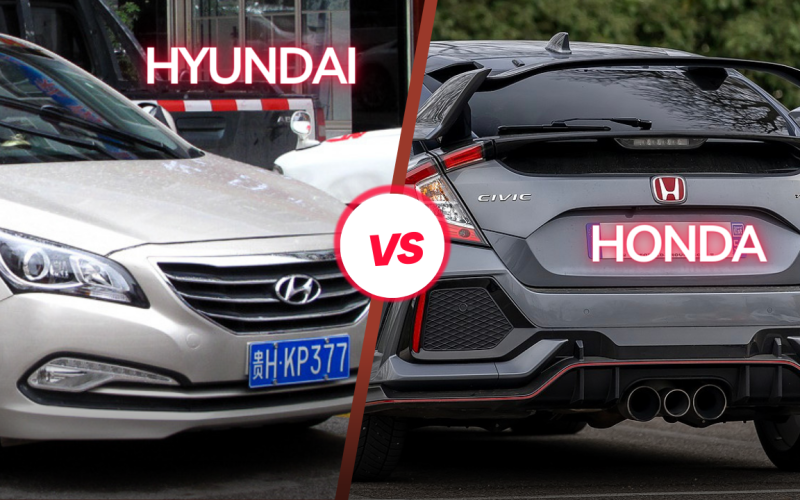In financial markets, there are two commonly used methods of trading: agency trading and principal trading. These two methods have their own unique characteristics, advantages, and risks. As a trader, it is important to understand the differences between agency and principal trading and determine which approach is best suited for your investment goals.
In this article, we will provide an in-depth explanation of agency vs principal trading, their respective advantages and disadvantages, and the key differences between the two. We will also provide examples of situations where each approach may be most beneficial and provide guidance on how to determine which approach is best for your investment goals.
Introduction
Before diving into agency and principal trading, it’s important to understand what these terms mean. In agency trading, a trader acts as an intermediary between a client and the market. The trader executes the trade on behalf of the client and receives a commission for their services. In principal trading, the trader buys or sells securities for their own account and takes on the risk of the trade.

Agency Trading
Agency trading is a popular method of trading used by institutional investors, such as mutual funds, pension funds, and hedge funds. In agency trading, the trader acts as an agent for the client and executes trades on their behalf. The trader does not take on any risk in the trade and only receives a commission for their services.
Advantages of Agency Trading
One of the biggest advantages of agency trading is the lack of risk for the trader. Since the trader is acting as an agent for the client, they do not take on any risk in the trade. This can be particularly beneficial for institutional investors who have strict risk management policies in place.
Another advantage of agency trading is the potential for better execution prices. Since the trader is acting on behalf of the client, they are obligated to get the best possible execution price for the trade. This can be particularly important in large block trades where the price can be impacted by the size of the trade.
Disadvantages of Agency Trading
One of the main disadvantages of agency trading is the cost. Since the trader is acting as an intermediary between the client and the market, they charge a commission for their services. This can add up over time and can be particularly expensive for frequent traders.
Another disadvantage of agency trading is the lack of control for the client. Since the trader is executing the trade on behalf of the client, the client has little to no control over the execution process. This can be particularly concerning for traders who are looking to have more control over the execution process.
Examples of Situations Where Agency Trading is Beneficial
Agency trading can be particularly beneficial in situations where the trader is looking to execute a large block trade. Since the trader is acting on behalf of the client, they can potentially get better execution prices for the trade. This can be particularly important in illiquid markets where the size of the trade can have a significant impact on the price.
Principal Trading
Principal trading is a method of trading where the trader buys or sells securities for their own account and takes on the risk of the trade. In principal trading, the trader acts as a principal and not an agent.
Advantages of Principal Trading
One of the biggest advantages of principal trading is the potential for higher profits. Since the trader is taking on the risk of the trade, they have the potential to make more money than they would with agency trading. This can be particularly beneficial for traders who have a high risk tolerance and are looking to make significant profits.
Another advantage of principal trading is the ability to have more control over the execution process. Since the trader is executing the trade for their own account, they have complete control over the execution process. This can be particularly beneficial for traders who have a specific strategy or approach that they want to follow.
Disadvantages of Principal Trading
One of the main disadvantages of principal trading is the increased risk. Since the trader is taking on the risk of the trade, they are potentially exposed to losses. This can be particularly concerning for traders who have a low risk tolerance and are not comfortable taking on significant risks.
Another disadvantage of principal trading is the potential for conflicts of interest. Since the trader is executing the trade for their own account, they may prioritize their own interests over those of the client. This can be particularly concerning in situations where the trader is executing trades for multiple clients and may have conflicting interests.
Examples of Situations Where Principal Trading is Beneficial
Principal trading can be particularly beneficial in situations where the trader has a specific market view or strategy that they want to implement. Since the trader is executing the trade for their own account, they have complete control over the execution process and can implement their strategy more effectively.
Differences Between Agency and Principal Trading
There are several key differences between agency and principal trading, including approach, risk, and cost.
Approach: The main difference between agency and principal trading is the approach used. In agency trading, the trader acts as an intermediary between the client and the market, executing trades on behalf of the client. In principal trading, the trader buys or sells securities for their own account and takes on the risk of the trade.
Risk: Another key difference between agency and principal trading is the level of risk involved. In agency trading, the trader does not take on any risk in the trade and only receives a commission for their services. In principal trading, the trader takes on the risk of the trade and is potentially exposed to losses.
Cost: The cost is another key difference between agency and principal trading. In agency trading, the trader charges a commission for their services. In principal trading, the trader does not charge a commission but may be exposed to other costs, such as bid-ask spreads.
Which Approach is Best for Your Investment Goals?
Determining which approach is best for your investment goals depends on several factors, including your risk tolerance, investment strategy, and trading frequency.
Risk Tolerance: If you have a low risk tolerance and are not comfortable taking on significant risks, agency trading may be more appropriate for you. If you have a high risk tolerance and are looking to make significant profits, principal trading may be more appropriate.
Investment Strategy: If you have a specific investment strategy or market view that you want to implement, principal trading may be more appropriate. If you are looking for a more passive investment approach, agency trading may be more appropriate.
Trading Frequency: If you are a frequent trader, agency trading may be more appropriate, as the cost of principal trading can add up over time.
Conclusion
Agency and principal trading are two commonly used methods of trading in financial markets, each with its own unique characteristics, advantages, and risks. As a trader, it is important to understand the differences between agency and principal trading and determine which approach is best suited for your investment goals. By considering your risk tolerance, investment strategy, and trading frequency, you can determine which approach is best for you and potentially increase your chances of success in the markets.












